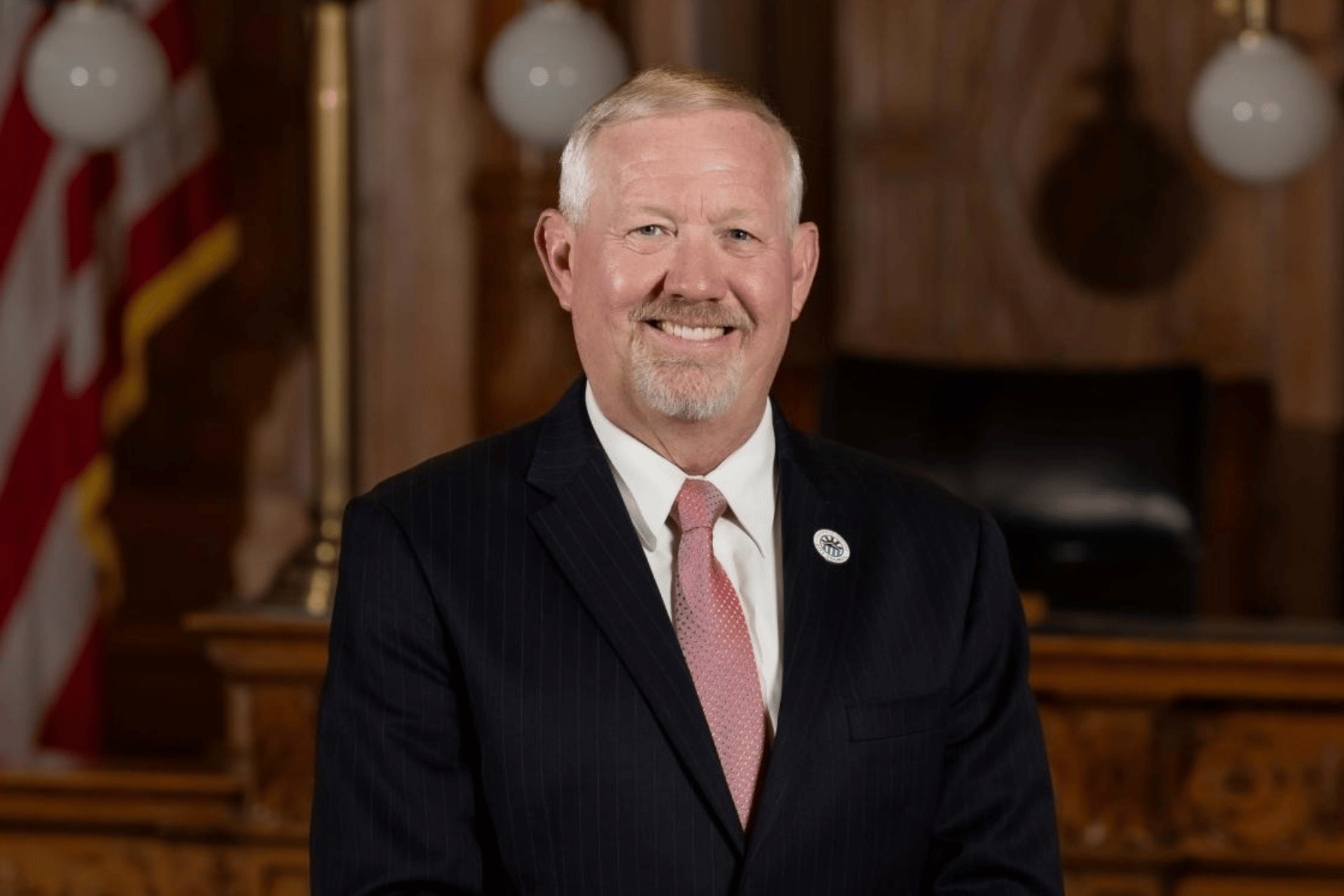
Control of the U.S. House remains unclear. The Senate, however, will stay in Democratic hands.
That means Colorado's Michael Bennet, who won re-election last week, will be in the majority. But while he says it will help, Bennet admits it doesn't mean supporters of issues like immigration reform will see their wish lists immediately come true.
"It's particularly shameful because we know what the elements of this are gonna be," Bennet told Colorado Matters host Ryan Warner. "In the 2013 bill that passed with 68 votes in the Senate, we had a pathway for the 11 million people that are here. It was not an easy pathway, it was a tough pathway, but a pathway to citizenship for them."
"Well, history was very different ... because the next thing that happened was Donald Trump rolled down his escalator in Trump Tower and described Mexicans as rapists ... and from that bully pulpit could not have been more divisive and more terrible on the subject of getting something done on immigration. And that's why it's been so hard to find even two or three or four or five Republicans, much less the number we need to pass it to be willing to put their hand up and say, 'We have to fix it.'"
In a wide-ranging conversation, Bennet also talked about his sense that last week's midterm elections dealt a resounding blow to Republican Trumpism, the Supreme Court and protection for same-sex marriage, and why bipartisanship isn't dead in today's Washington, D.C.
Bennet on why a Democratic-controlled Congress failed to codify immigration or abortion rights into law:
"I'm not making excuses, but to explain it, it was a thin majority. Obviously, the Obama administration tried to protect the Dreamers, at least through DACA. And what we've now learned from the courts is that executive order isn't gonna work. That we have to pass a law in Congress, which I've always frankly believed that we needed to do. And we tried at one point to get the parliamentarian to allow us to use reconciliation to try to make some progress on immigration. She rejected that. And so in the current Senate, you need 60 votes to be able to do it. And my hope is that there is sufficient pressure on everybody, Democrats and Republicans. In an economy where we're short 11 million people, we've got 11 million vacant jobs where we're losing our farms and ranches every single day because our farmers and ranchers have no labor that's predictable, that that's gonna force us to come together and fix this."
Whether 'Trumpism' is weaker today, given the results of the midterm elections:
"I believe it is. I think that election day was a profound and enormous rejection of the chaos that persisted and existed under Donald Trump. And I think that people have seen that they don't have to accept that as the permanent state of affairs in our exercise in self-government. My Republican colleagues spent a lot of their time, some of them hiding under their desk, worried about what a tweet was going to do to them in the next 15 minutes. That's no way to run a government. That's no way to run a democracy. It's no way to compete effectively with Beijing. And I believe the American people also believe that. I know Colorado believes that. Colorado rejected Donald Trump on Tuesday."
If criticism of the Supreme Court is undermining the institution:
"When Justice (Samuel) Alito writes in a majority opinion that if it's not a freedom in 1868, it's not a freedom today, then we know we're still in this very long struggle between the highest ideals that have ever been written on the page and the words in the Constitution and the worst impulses in human history. There's not a woman who had the right to vote here in 1868. There's not a Black person who had the right to vote in 1868 and to impose on the American people in the name of a concocted judicial philosophy called originalism, a stripping away of a 50-year constitutional right, I think is radical. I think that's radical. So I don't mean to undermine our institutions and I don't want us to undermine our institutions, but I do think it's the case that you have a faction on the Supreme Court that represents a judicial doctrine that was created, really invented in the Reagan era and they're using it to rip freedoms away from the American people."









